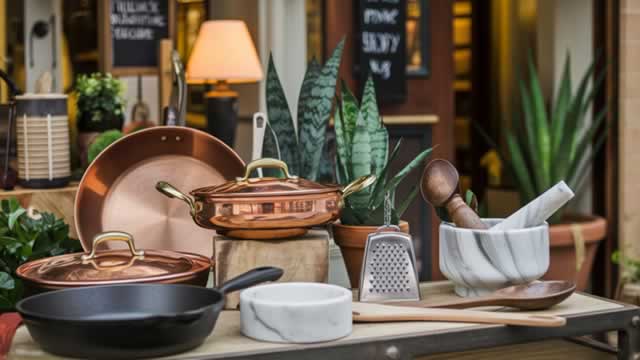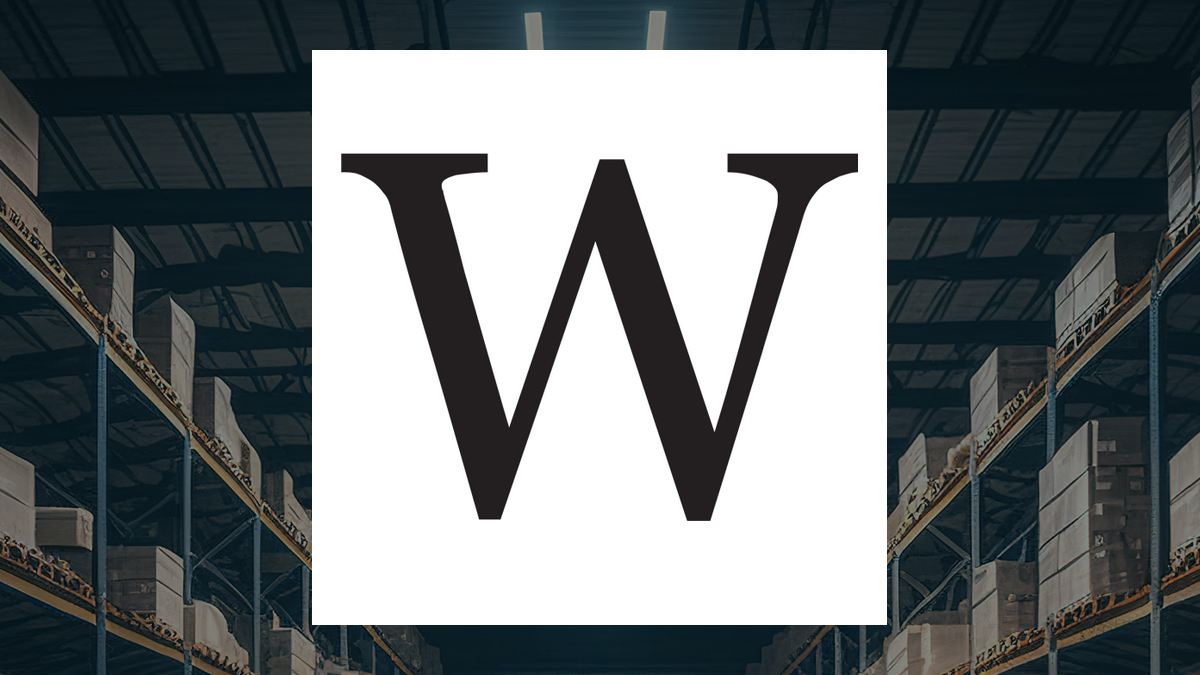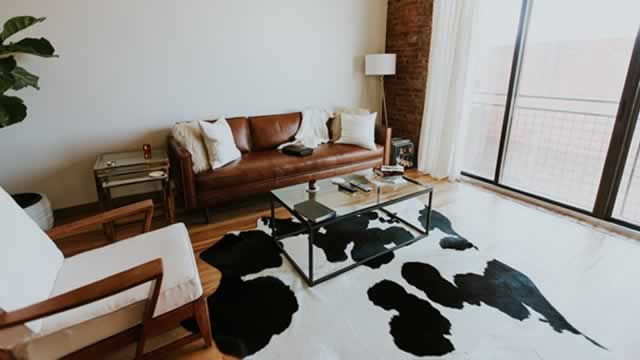
WSM
Williams-Sonoma, Inc.
$215.08
3.26
(1.54%)
| Exchange: | |
| Market Cap: | 25.676B |
| Shares Outstanding: | 160M |
About The Company
| Sector: | Consumer Cyclical | |||||
| Industry: | Specialty Retail | |||||
| CEO: | Laura J. Alber | |||||
| Full Time Employees: | 19600 | |||||
| Address: |
|
|||||
| Website: | https://www.williams-sonomainc.com |
Williams-Sonoma, Inc. operates as an omni-channel specialty retailer of various products for home. It offers cooking, dining, and entertaining products, such as cookware, tools, electrics, cutlery, tabletop and bar, outdoor, furniture, and a library of cookbooks under the Williams Sonoma Home brand, as well as home furnishings and decorative accessories under the Williams Sonoma lifestyle brand; and furniture, bedding, lighting, rugs, table essentials, and decorative accessories under the Pottery Barn brand. The company also provides home decor products under the West Elm brand; kids accessories under the Pottery Barn Kids brand; and an organic bedding to multi-purpose furniture under the Pottery Barn Teen brand. In addition, it offers made-to-order lighting, hardware, furniture, and home decors inspired by history under the Rejuvenation brand; and women’s and men’s accessories, travel, entertaining and bar, home décor, and seasonal items under the Mark and Graham brand, as well as operates a 3-D imaging and augmented reality platform for the home furnishings and décor industry. The company markets its products through e-commerce websites, direct-mail catalogs, and retail stores. It operates 544 stores comprising 502 stores in 41states, Washington, D.C., and Puerto Rico; 20 stores in Canada; 19 stores in Australia; 3 stores in the United Kingdom; and 139 franchised stores, as well as e-commerce websites in various countries in the Middle East, the Philippines, Mexico, South Korea, and India. Williams-Sonoma, Inc. was founded in 1956 and is headquartered in San Francisco, California.
Click to read more…
Revenue Segmentation
EPS
Earnings Call
Income Statement
(* All numbers are in thousands)
Balance Sheet
(* All numbers are in thousands)
Cash Flow Statement
(* All numbers are in thousands)
Analyst Estimates
(* All numbers are in thousands)







